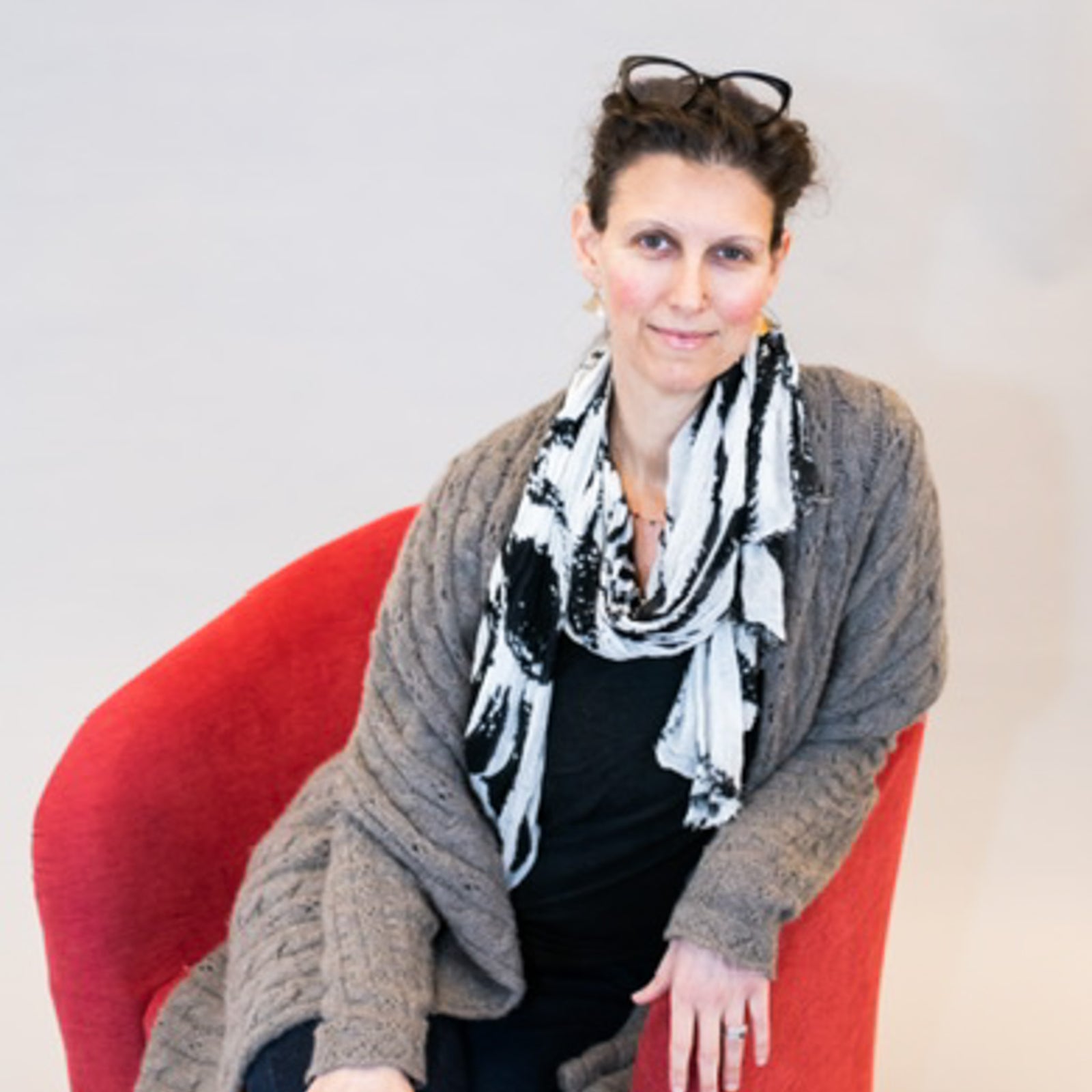Enhancing Fertility Naturally by Marina Smith
 Approximately 1 in 8 couples have trouble getting pregnant or sustaining a pregnancy, something which can be attributed to the female partner about a third of the time, the male partner about a third of the time, and the combination of both partners or unexplained in the remainder of cases. This can be extremely difficult and heart wrenching for both partners, leading to physical and mental overwhelm.
The good news is that changing simple things in terms of diet and lifestyle can make a big difference in a couple’s ability to conceive and have a baby. I like to think first in terms of what couples can do themselves to improve their chances of conception, next in terms of natural approaches to treatment such as acupuncture and herbal medicine, and lastly in terms of the reproductive technology that couples may choose to utilize in their journey to become parents.
I believe the first and most important steps to increasing fertility include:
Approximately 1 in 8 couples have trouble getting pregnant or sustaining a pregnancy, something which can be attributed to the female partner about a third of the time, the male partner about a third of the time, and the combination of both partners or unexplained in the remainder of cases. This can be extremely difficult and heart wrenching for both partners, leading to physical and mental overwhelm.
The good news is that changing simple things in terms of diet and lifestyle can make a big difference in a couple’s ability to conceive and have a baby. I like to think first in terms of what couples can do themselves to improve their chances of conception, next in terms of natural approaches to treatment such as acupuncture and herbal medicine, and lastly in terms of the reproductive technology that couples may choose to utilize in their journey to become parents.
I believe the first and most important steps to increasing fertility include:
- Eating a clean, organic diet that is very low in processed foods. By eating an organic, whole foods diet high in veggies, seeds and nuts, good oils, wild fish, and grass-fed and pastured meats, both men and women can decrease their toxic loads (which helps the liver to process hormones) and increase their overall nutrition. It is particularly important to include nutrient-dense foods that are high in fats such as wild salmon, nuts, avacados and eggs, as they help the body to make adequate hormones for conception and pregnancy. Often families find it helpful to meet with a nutritionist a few times to talk through the basics of eating a clean and nutritious diet.
- Using natural products that are free of phthalates and BPA Phthalates and BPA are known as endocrine disrupters and can negatively affect both male and female fertility. They can be found anywhere “fragrance” is listed as an ingredient and also in building materials, in vinyl flooring, on the insides of canned foods that don’t say “BPA free”, in personal care products, and many other places. While it might be impossible to avoid all exposure to phthalates and BPA, switching to natural cleaning products (there are several natural brands such as Seventh Generation, but baking soda, vinegar and essential oils often will do the job as well!) and personal care items (such as the shampoos, soaps, makeup, etc. sold at Willowtree) will make a big difference. In addition, making sure that you buy “BPA free” canned goods can limit your exposure through food.
- If you are the female partner, understanding your cycle One of my favorite teachers, Kirsten Karchmer of Conceivable.com, has found that women who have a 28-day cycle with 4 days of moderate bleeding are statistically more likely to become pregnant and maintain a pregnancy. In Chinese Medicine we see this as a sign of ideal levels of blood, qi, yin and yang. By tracking your basal body temperature (BBT) you can get all kinds of information about your cycle and have an idea of whether you need to seek out a practitioner to help you normalize your cycle (e.g., ideally your BBT would be somewhere around 97.3F during the first half of your cycle and above 98F in the second half). My favorite book to introduce women to the ins and outs of taking and understanding their BBT is Taking Charge of Your Fertility; they also have a great website (www.tcoyf.com).
- Sleeping, laughing, moving, and doing all that you can to reduce your stress. While this very much falls into the “easier said than done” category, my clinical experience is that this is the most important item on this list. While in school I shadowed a practitioner who specialized in treating fertility and can remember more than a handful of her patients who got pregnant when they stopped “trying”. This stuff can be stressful, expensive, emotionally difficult, draining. Surround yourself with people who make you happy. Do things that nourish you. Love yourself.
- Acupuncture and Chinese Medicine I love the combination of acupuncture and herbal medicine to address fertility because of its ability to look at the physical, emotional and spiritual and bring it all together to treat the whole person. I find acupuncture to be especially effective for calming emotions and regulating stuck energy, while herbs are fantastic for balancing hormones (although we use different language to explain this) and regulating the cycle. Both women and men appreciate having a practitioner who is checking in with them regularly about lifestyle and dietary considerations, as well as someone who is helping them to feel their best.
- Seeing a practitioner who practices Maya Abdominal Therapy I have found this technique to be absolutely magical for helping with fertility--so much so that I did the training to become a practitioner so there is someone on this side of the water! During the first session you learn a self-care technique that you can perform daily on yourself to improve the position of and blood flow to your organs.
- Establishing a relationship with a Naturopathic Doctor (ND) NDs are great for all the reasons listed above, and look at things with a slightly different eye. These are the practitioners who can test hormones and prescribe supplements to directly affect hormone levels; they also have expertise in a variety of other areas.
- Seeing a homeopath I have personally been blown away by the effectiveness of homeopathic medicine more than once, and it is always on my list of things to try for complicated or difficult-to-understand cases.




